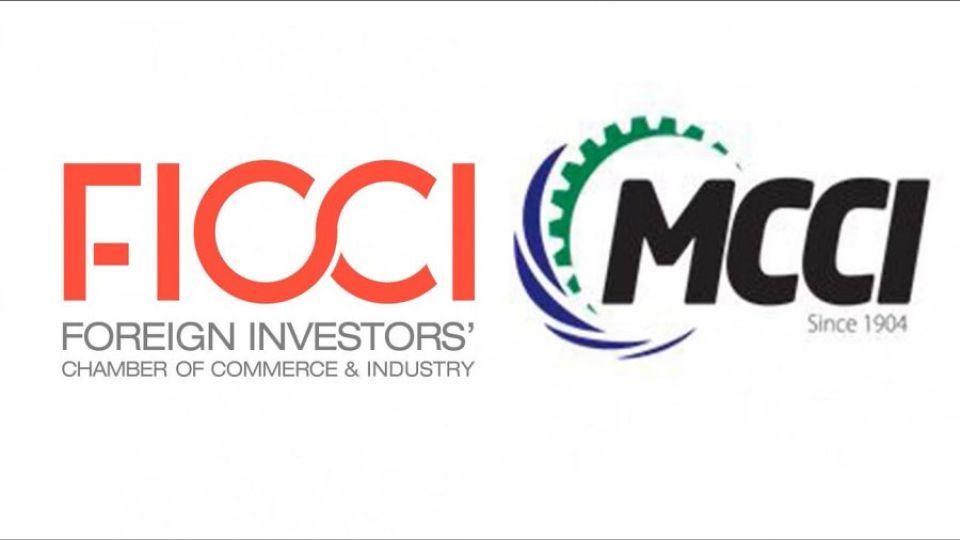March 2, 2023
DHAKA – Companies in Bangladesh are failing to benefit from the reduced corporate tax rates owing to limits on cash transactions imposed by the National Board of Revenue (NBR) in the current fiscal year, said two leading chambers yesterday.
The tax authority has cut the corporate tax rate by 2.5 percentage points to 27.5 per cent for 2022-23.
But it comes with a condition: a non-listed company can avail the reduced tax benefit if it uses bank transfers in order to receive all revenues and receipts, make all single transactions exceeding Tk 5 lakh, and execute expenses and investments worth more than Tk 36 lakh annually.
In case of failure to do so, companies will have to pay 30 per cent taxes on their profits.
In separate tax proposals submitted to the NBR yesterday for 2023-24 beginning from July, the Metropolitan Chamber of Commerce and Industry (MCCI) and the Foreign Investors’ Chamber of Commerce and Industry (FICCI) called for the relaxation of the provision of cash transactions as non-cash payments or cashless transaction are not widely accepted in the economy.
“More than 80 per cent of Bangladesh’s economy is informal. So, it is not possible for companies to take benefit of the reduced corporate tax rates,” said MCCI President Md Saiful Islam.
He placed the tax, value-added tax and customs duty-related proposals on behalf of the country’s oldest chamber at a pre-budget meeting with the high-ups of the NBR at the headquarters of the revenue board in Agargaon.
The MCCI, which represents large companies that generate around 40 per cent of the state’s revenue, said industries are expanding under the present context, in which both formal and informal systems are at play.
The current additional tax exposure exceeding the cash payment limit of Tk 36 lakh annually is a barrier for businesses to thrive on the benefits of the reduced corporate tax rate, said Snehasish Barua, partner at Snehasish Mahmud & Co, a chartered accountancy firm, while presenting the tax proposals on behalf of the FICCI.
“It needs to be acknowledged that a major portion of the economy of Bangladesh is still informal, where non-cash payments are still not widely accepted.”
Both chambers also complained of higher effective tax rates because of the disallowance of expenses by the tax officials claimed by the companies and the higher rate of tax deducted at source.
“We can’t enjoy the benefit of the reduction of corporate taxes. In reality, the tax rate goes up to 50 per cent for listed companies, although the present rate is 20 per cent,” Barua said.
“The effective tax rate is extravagant,” said FICCI President Naser Ezaz Bijoy.
Though the applicable corporate tax is 20 per cent and 27.5 per cent for publicly traded and private limited companies, respectively, the effective tax rate is much higher due to the implication of some provisions in the tax laws and the deduction of tax at source, he said.
“Therefore, we are proposing to reduce the effective tax rate in conjunction with the tax rate in our neighbouring countries.”
The FICCI demanded rationalisation of the tax deducted at source, saying in certain cases, the tax is considered as the minimum tax for that source of income.
In response, NBR Chairman Abu Hena Md Rahmatul Muneem said a lot of transactions and expenses are done through outsourcing and payments can be done without cash.
He urged the FICCI to give a list of items that are purchased using cash.
The FICCI suggested the NBR collect the data on deposits against bank accounts in order to find out whether taxpayers have declared them in their returns.
“Some taxpayers may not declare all of their bank accounts in their tax returns in order to evade taxes,” said the FICCI.
“This reconciliation process can be automated,” said Barua.
The FICCI also suggested the tax authority update the land value to reflect market realities and reduce the registration cost and tax rates to curb the scope of undeclared incomes.
At present, land and properties are mainly transferred based on the official rates although the actual value of the properties is higher.
Barua said: “This creates black money.”
In the budget proposals, the FICCI demanded the NBR make the VAT online system user-friendly.
“It is getting difficult for users to use the online portal. If the suggested improvements are incorporated, the portal will be user-friendly.”
The MCCI called for bringing down the number of areas where the submission of the proof of tax returns is mandatory from the present 38 and automating the tax system.
Muneem said: “The present VAT law is designed to implement through automation. If we want to implement it properly, we will have to go there. We are working to make the VAT return system easy.”


